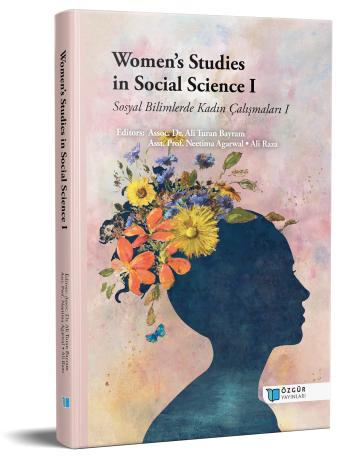
The Role of Ambivalent Sexism and Some Demographic Variables in Perpetuating Honor-Based Inequalities
Şu kitabın bölümü:
Bayram,
A.
T.
&
Agarwal,
N.
&
Raza,
A.
(eds.)
2023.
Sosyal Bilimlerde Kadın Araştırmaları I .
Özet
This study investigates the role of ambivalent sexism and demographic variables in shaping attitudes towards honor among participants in Turkey, a country where honor cultures persist. Understanding the factors that influence favorable attitudes towards honor is crucial for addressing this issue. The findings reveal significant gender differences, with men exhibiting more favorable attitudes towards honor than women. Male participants also displayed higher levels of hostile and benevolent sexism, suggesting that they contribute to the perpetuation of sexism. Correlation and regression analyses demonstrated that both hostile and benevolent sexism were associated with favorable attitudes towards honor in both genders. Hostile sexism played a significant role in predicting attitudes towards honor in both men and women, while benevolent sexism was significant only for men. Other demographic variables also played a significant role. Higher education levels, particularly for participants and their mothers, were associated with more negative attitudes towards honor. The income of female participants was negatively correlated with favorable attitudes towards honor. Moreover, religiosity and right-wing political orientation were associated with more positive attitudes towards honor. In conclusion, this research sheds light on the complex dynamics of attitudes towards honor in Turkey. It highlights the need for education and the promotion of gender equality, especially among women. Additionally, religious teachings, political orientation, and socioeconomic factors should be considered when addressing and preventing honor-based violence. Further research is needed to explore these factors in greater depth.

